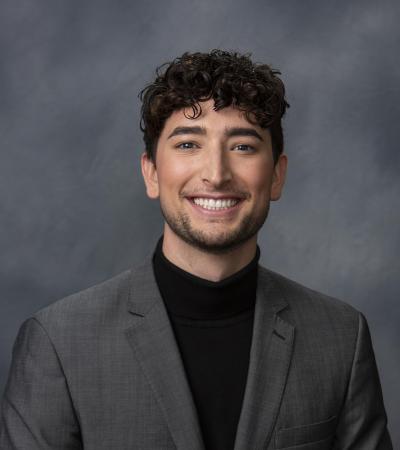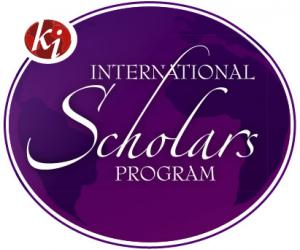Bio updated 2022.
David Phillips researched comparative constitutionalism, international jurisprudence, and transnational human rights bodies for Professor Paolo Carozza. Phillips’ interest in this topic began through his broader enthusiasm for leveraging legal theory to support human rights and wellbeing. In the past, Phillips and Carozza worked together to study political gerrymandering, Italian jurisprudence in comparative context, the activity of various UN Human Rights Commissions, and U.S. Constitutional jurisprudence.
Phillips received a number of grants to conduct and present independent research. In the summer of 2018, Phillips traveled to Santiago, Chile to research the human right to health in the context of Global Administrative Law. During this time, he worked under the guidance of Dr. Thana de Campos at La Pontificia Universidad Católica de Chile. During the summer of 2019, Phillips traveled to Huyro and Cusco, Peru, researching the implementation of economic rights and the success of indigenous farming collectives. Phillips is an alum of the Hesburgh-Yusko Scholars Program and the Glynn Family Honors Program, and he was a national finalist for the Beinecke Scholarship. Phillips completed a senior thesis in the English department, and received the department’s James Robinson Award for Outstanding English major.
After graduation, Phillips matriculated at Columbia Law School, where he is currently taking foundational law courses. He is a competing member of the Gender and Sexuality Moot Court, as well as an active member of the OutLaws student group. He is considering concentrating in International Criminal Law, Human Rights Law, or another practice area.
The profile below as current as of 2021 when he was part of the on-campus Kellogg community.
David Phillips is researching comparative constitutionalism, international jurisprudence, and transnational human rights bodies for Professor Paolo Carozza. Phillips’ interest in this topic began through his broader enthusiasm for leveraging legal theory to support human rights and wellbeing. In the past, Phillips and Professor Carozza have worked together to study political gerrymandering, Italian jurisprudence in comparative context, and the activity of various UN Human Rights Commissions. Through his research with Professor Carozza, Phillips hopes to measure the efficacy of human rights projects and comparative jurisprudence, especially in North and South America. Phillips is currently summarizing important U.S. Supreme Court jurisprudence for the Venice Commission’s CODICES database as well as working on a senior thesis in the English department.
Phillips has received a number of grants to conduct and present independent research. Working under the mentorship of Professor Eileen Hunt Botting, Phillips and two peers visited Germany during the Spring of 2018. They mapped the historical, social, and ideological overlap between Goethe’s Faust and Mary Shelley’s Frankenstein. He proceeded to present his working paper at the “Why Frankenstein Matters at 200” Conference in Rome as well as the ACC Meeting of the Minds in Louisville, Kentucky. In the summer of 2018, Phillips traveled to Santiago, Chile to research the human right to health in the context of Global Administrative Law. During this time, he worked under the guidance of Dr. Thana de Campos at La Pontificia Universidad Católica de Chile. During the summer of 2019, Phillips traveled to Huyro and Cusco, Peru, researching the implementation of economic rights and the success of indigenous farming collectives. Phillips is a member of the Hesburgh-Yusko Scholars Program and the Glynn Family Honors Program, and he was a national finalist for the Beinecke Scholarship.
Research Interests
I am interested broadly in global governance bodies. I am fascinated by international human rights law, especially as it has been applied in the Americas. Specifically, I am interested in the development of more effective accountability mechanisms in the context of global politics.
Current Research
Determinacy of UN Human Rights Committees and other transnational bodies.







